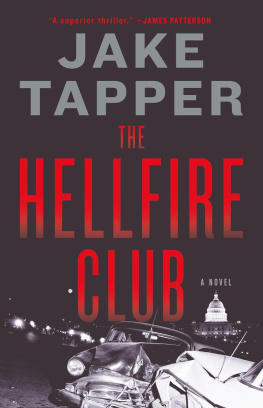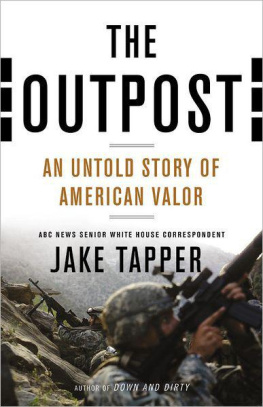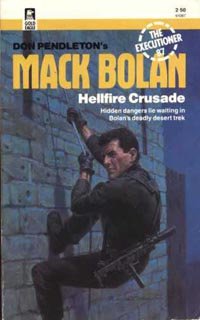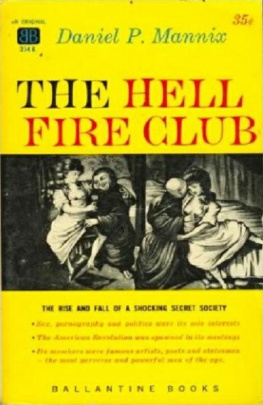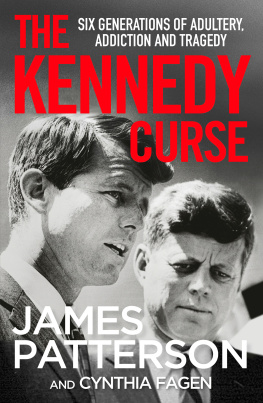Jake Tapper - The Hellfire Club. A Novel
Here you can read online Jake Tapper - The Hellfire Club. A Novel full text of the book (entire story) in english for free. Download pdf and epub, get meaning, cover and reviews about this ebook. year: 0, genre: Science / Politics. Description of the work, (preface) as well as reviews are available. Best literature library LitArk.com created for fans of good reading and offers a wide selection of genres:
Romance novel
Science fiction
Adventure
Detective
Science
History
Home and family
Prose
Art
Politics
Computer
Non-fiction
Religion
Business
Children
Humor
Choose a favorite category and find really read worthwhile books. Enjoy immersion in the world of imagination, feel the emotions of the characters or learn something new for yourself, make an fascinating discovery.
- Book:The Hellfire Club. A Novel
- Author:
- Genre:
- Year:0
- Rating:5 / 5
- Favourites:Add to favourites
- Your mark:
- 100
- 1
- 2
- 3
- 4
- 5
The Hellfire Club. A Novel: summary, description and annotation
We offer to read an annotation, description, summary or preface (depends on what the author of the book "The Hellfire Club. A Novel" wrote himself). If you haven't found the necessary information about the book — write in the comments, we will try to find it.
The Hellfire Club. A Novel — read online for free the complete book (whole text) full work
Below is the text of the book, divided by pages. System saving the place of the last page read, allows you to conveniently read the book "The Hellfire Club. A Novel" online for free, without having to search again every time where you left off. Put a bookmark, and you can go to the page where you finished reading at any time.
Font size:
Interval:
Bookmark:
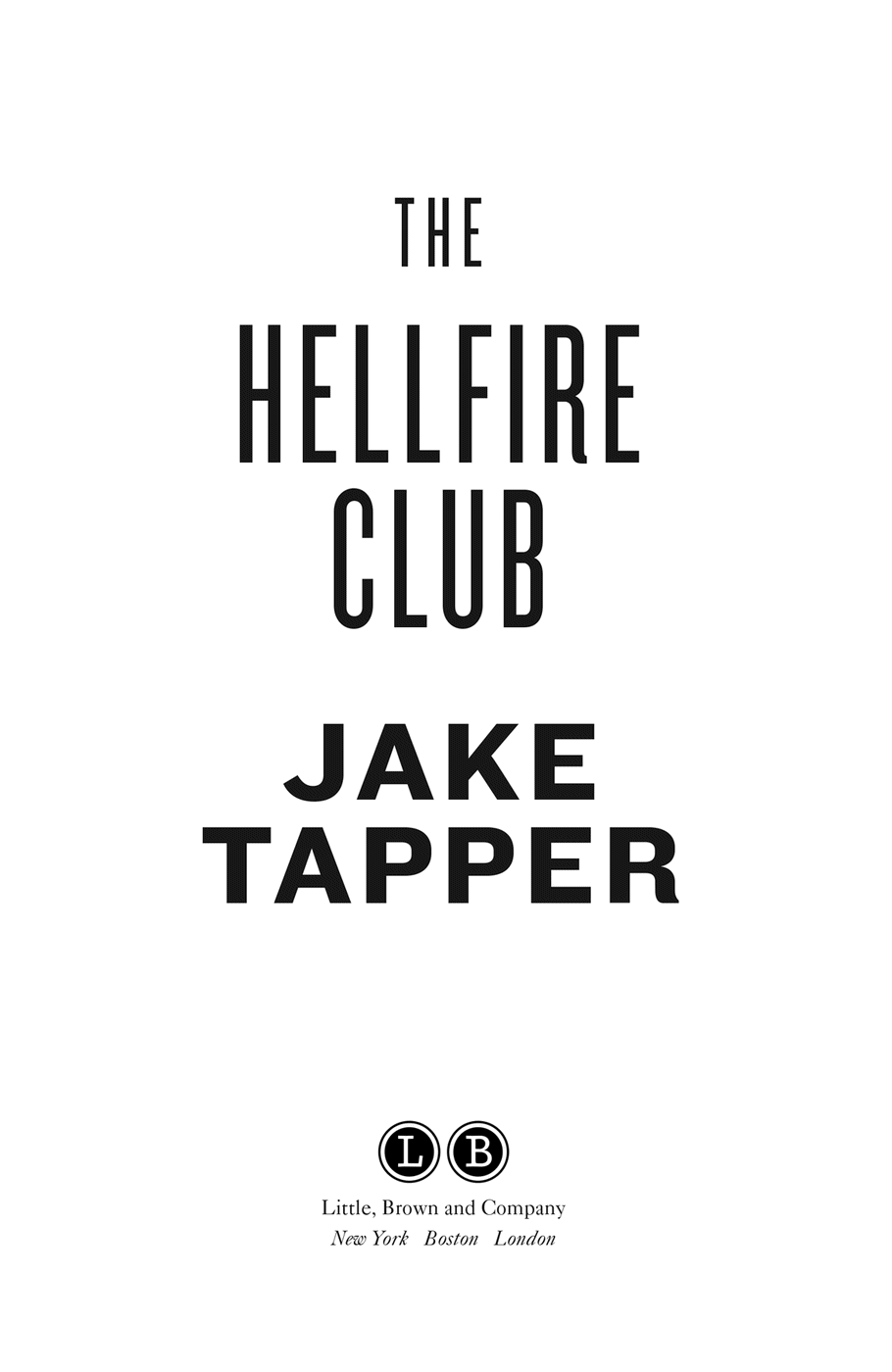
This is a work of fiction. The events in this novel are imaginary, including those featuring historical or public figures, except for the events and quotes specifically noted at the end of the book.
Copyright 2018 by Jake Tapper
Cover design by Allison J. Warner
Cover photographs: car by Superstock; Capitol Building by Alberto Zamorano / Shutterstock
Author photograph CNN
Cover 2018 Hachette Book Group, Inc.
Hachette Book Group supports the right to free expression and the value of copyright. The purpose of copyright is to encourage writers and artists to produce the creative works that enrich our culture.
The scanning, uploading, and distribution of this book without permission is a theft of the authors intellectual property. If you would like permission to use material from the book (other than for review purposes), please contact permissions@hbgusa.com. Thank you for your support of the authors rights.
Little, Brown and Company
Hachette Book Group
1290 Avenue of the Americas, New York, NY 10104
littlebrown.com
First ebook edition: April 2018
Little, Brown and Company is a division of Hachette Book Group, Inc. The Little, Brown name and logo are trademarks of Hachette Book Group, Inc.
The publisher is not responsible for websites (or their content) that are not owned by the publisher.
The Hachette Speakers Bureau provides a wide range of authors for speaking events. To find out more, go to hachettespeakersbureau.com or call (866) 376-6591.
ISBN 978-0-316-47233-3
E3-20180328-NF-DA
To Jennifer,
my lodestar
We are not reformers. We are reporters. As such we will take you with us through a metropolitan area of 1,500,000, living in what should be a utopia, but which is a cesspool of drunkenness, debauchery, whoring, homosexuality, municipal corruption and public apathy, protected crime under criminal protectionism, hoodlumism, racketeering, pandering and plundering, among anomalous situations found nowhere else on earth.
Jack Lait and Lee Mortimer,
Washington Confidential, 1951
Rock Creek Park, Washington, DC
He snapped out of the blackness with a mouth full of mud.
Charlie Marder coughed up grime and spat silt, then raised himself on his elbows and tried to make sense of where he was.
Sprawled on the leafy banks of a creek, he wore a tuxedo that was insufficient to combat the March chill. A wispy fog hovered; sporadic chirping came from nearby families of wrens rising with the sun.
A stone bridge and paved road lay in front of him. Wincing with the effort, he hoisted himself onto his knees and turned. Behind him, a semi-submerged Studebaker sat in the creeks muddy bank, its drivers door open.
He squinted and could just make out, downstream, the recently restored old Peirce Mill and its waterwheel. He was in Rock Creek Park, 1,754 acres of woods, trails, and road tucked in Northwest Washington, DC, far from his Georgetown brownstone.
How did I get here?
Charlie said it to himself, first in his head and then as a whisper and then repeating it aloud: How did I get here? His voice was gravelly. He stumbled as he tried to stand, and realized that he was drunk. His mouth was parched. Where had he been drinking?
He looked at his Timex, adjusting his wrist to catch the light: 4:55 a.m. Memories began to emergea party, a celebration, a club of some sort. Frank Carlin, the powerful House Appropriations Committee chairman, encouraging a young, attractive waitress to do something. What was it? She poured ice water onto a sugar cube held on a flattened perforated spoon over a glass. And the glass contained absinthe. This is how the French do it, Carlin said. And from there the night went dark.
Charlie staggered forward. Looked back at the Studebaker. Muddy tracks traced the cars path from the road to its final resting place on the riverbank. Okay. I skidded off the parkway. This was a problem. But nothing insurmountable. An accident. Maybe he could just walk away. He didnt recognize the car, had no recollection of being behind the wheel. Absinthe, he muttered under his breath.
He took stock of the situation. This was not even a ripple in the ocean of atrocities hed witnessed in France during the war. He was not a person of poor character. He was someone who tried to do good; he was currently fighting for his fellow troops from the turret of his congressional office. In the grand scheme of things, would it be so wrong to just leave the scene and spare himself a litany of questions he might not be able to answer?
And then he heard it: a low din, a cars motor heading toward him. Ah, well, Charlie thought. Fate is making the decision for me. Ill stand here and face whatever happens. He exhaled, steeling himself.
With relief, he recognized the spit-shined baby-blue Dodge Firearrow sport coupe. It belonged to someone he knew, a friend, even: well-connected lobbyist Davis LaMontagne. It was a car perfectly suited to its owner, glossy and stylish. LaMontagne pulled the car to a stop at the side of the road and rolled down his window.
Charlie, he said, Jesus Christ.
He opened the door and emerged, looking as though hed just stepped out of the pages of a magazine ad for cigarettes or suits. His hair slicked back, his blue hip-length bush jacket hanging loosely from his broad Rocky Marciano build, he briefly surveyed the scene, then began to negotiate his way carefully down the rocky, muddy decline toward Charlie.
Davis, Charlie said. I have no idea He spread his arms to finish the sentence for him.
Before LaMontagne could respond, they heard a sound in the distance.
Another car.
Its windows must have been open despite the morning chill; as it drew closer, they could hear the bark of a radio newscaster. LaMontagne didnt move, as if he were freezing the action in his world until this problem took care of itself.
And it did. The sounds of car and radio changed pitch, suggesting the car, off in the distance, was now driving away from them.
Unruffled, LaMontagne continued his approach and arrived at Charlies side. Charlie was hit with a whiff of his smoky, woody cologne.
Are you all right?
Fine, Charlie said, though his head was throbbing and he would have given his left arm for a glass of water. Do you have any idea how I got here?
Last I saw you was at the party, LaMontagne said. You were snockered. Then you made an Irish exit. He raised his hand and made an elegant illustrative explosion with his fingertips: poof. You okay? Jesus. Thank God youre alive. LaMontagne looked over his shoulder at the Studebaker. Whose car is that?
Charlie suppressed a wave of nausea; when it passed, he rubbed his chin and shrugged. I have no idea.
LaMontagne pulled on his black leather gloves, took a folded handkerchief from his suit pocket, and leaned into the drivers seat of the Studebaker. He wiped the steering wheel, the gearshift, the radio knobs, and the window roller; on his way out, he removed the keys from the ignition, then wiped the door handle. Sliding the keys into his pocket, he stood up straight and put a hand on Charlies shoulder.
Lets burn rubber, he said.
Charlie let himself be guided briskly up to the road and the Dodge, where he collapsed with relief in the passenger seat as LaMontagne shut the door firmly.
Halfway around the front of the car, the man suddenly stopped. Through the windshield, Charlie saw him looking down at the narrow shoulder of the road.
Charlie, LaMontagne said, a seriousness in his baritone Charlie had never heard before. You need to see this.
Font size:
Interval:
Bookmark:
Similar books «The Hellfire Club. A Novel»
Look at similar books to The Hellfire Club. A Novel. We have selected literature similar in name and meaning in the hope of providing readers with more options to find new, interesting, not yet read works.
Discussion, reviews of the book The Hellfire Club. A Novel and just readers' own opinions. Leave your comments, write what you think about the work, its meaning or the main characters. Specify what exactly you liked and what you didn't like, and why you think so.

